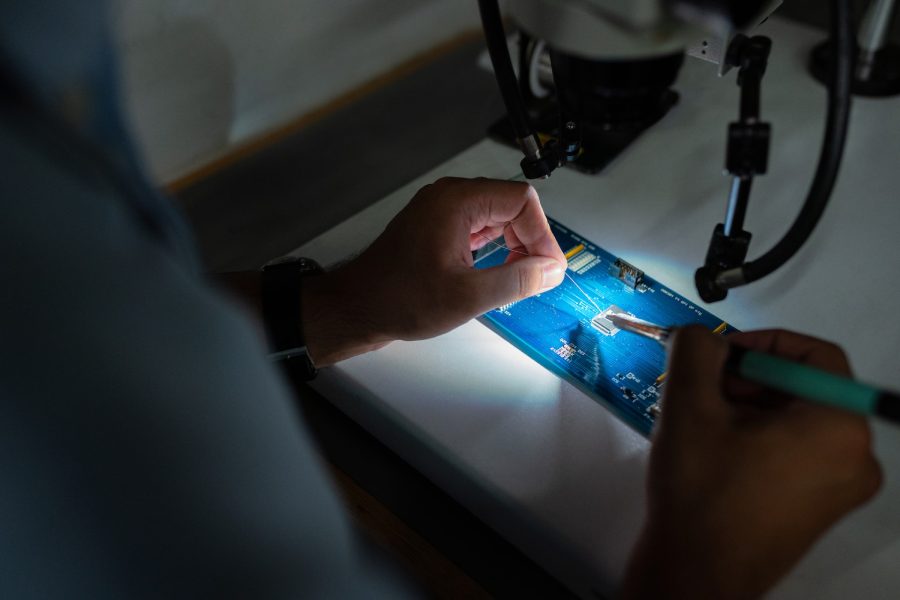What is computer forensics?
Computer forensics is the process of using specialized techniques and tools to examine digital devices such as computers, smartphones and servers to collect, analyze and secure electronic data in a way that is admissible as evidence in court. Computer forensics is often used to investigate cyber crimes such as hacking, identity theft and fraud, as well as other types of crime involving the use of digital devices.
Computer forensics analysts use a range of tools and techniques to extract, analyze and secure electronic data from digital devices. These techniques may include imaging and cloning hard drives, analyzing log files, and examining metadata. Computer forensics analysts must follow strict protocols to ensure that the data they collect is reliable and can be used as evidence in court.
Computer forensics is an important tool for law enforcement, lawyers and other organizations to investigate and prosecute crimes involving the use of digital devices. It can also be used by companies and other organizations to investigate internal security breaches and other issues related to the use of digital devices.

Computer forensics in the work of a private detective
Computer forensics is an important tool in the work of a private detective. It allows them to examine and analyze electronic data from digital devices to gather information and evidence. Private investigators can use computer forensics techniques to investigate cyber crimes such as hacking, identity theft and fraud, as well as other types of crime related to the use of digital devices.
Private investigators specializing in computer forensics can use a range of tools and techniques to extract and analyze data from digital devices, including hard drive imaging and cloning, log file analysis, and metadata research. They may also work closely with law enforcement and lawyers to ensure that the data they collect is admissible as evidence in court.
Computer forensics can be a complex and technical field, and private investigators specializing in this field typically have extensive experience in computer science and technology. They may also require specialized training and certifications to conduct computer forensics work.

Dowody cyfrowe w sądzie
Digital devices such as computers, smartphones and servers can contain a wide range of electronic data that can be used as evidence in court cases. This data may include documents, emails, text messages, images, and other types of files.
For digital evidence to be admissible in court, it must be collected and analyzed following strict protocols to ensure its integrity and credibility. This usually involves the use of specialized techniques and tools, such as computer forensics, to extract, analyze and secure data in a way that maintains its authenticity and integrity.
Digital evidence can be used in a variety of court cases, including criminal, civil, and regulatory proceedings. It can be used to support or refute arguments, establish facts, and provide context or context to other evidence in a case.
In order for digital evidence to be admissible in court, it usually has to meet certain requirements, such as relevance to the case, authenticity and credibility, and proper collection and analysis in accordance with the rules of evidence. It is important that parties involved in a legal case understand the legal requirements for the admissibility of digital evidence in order to properly present and use it in court.